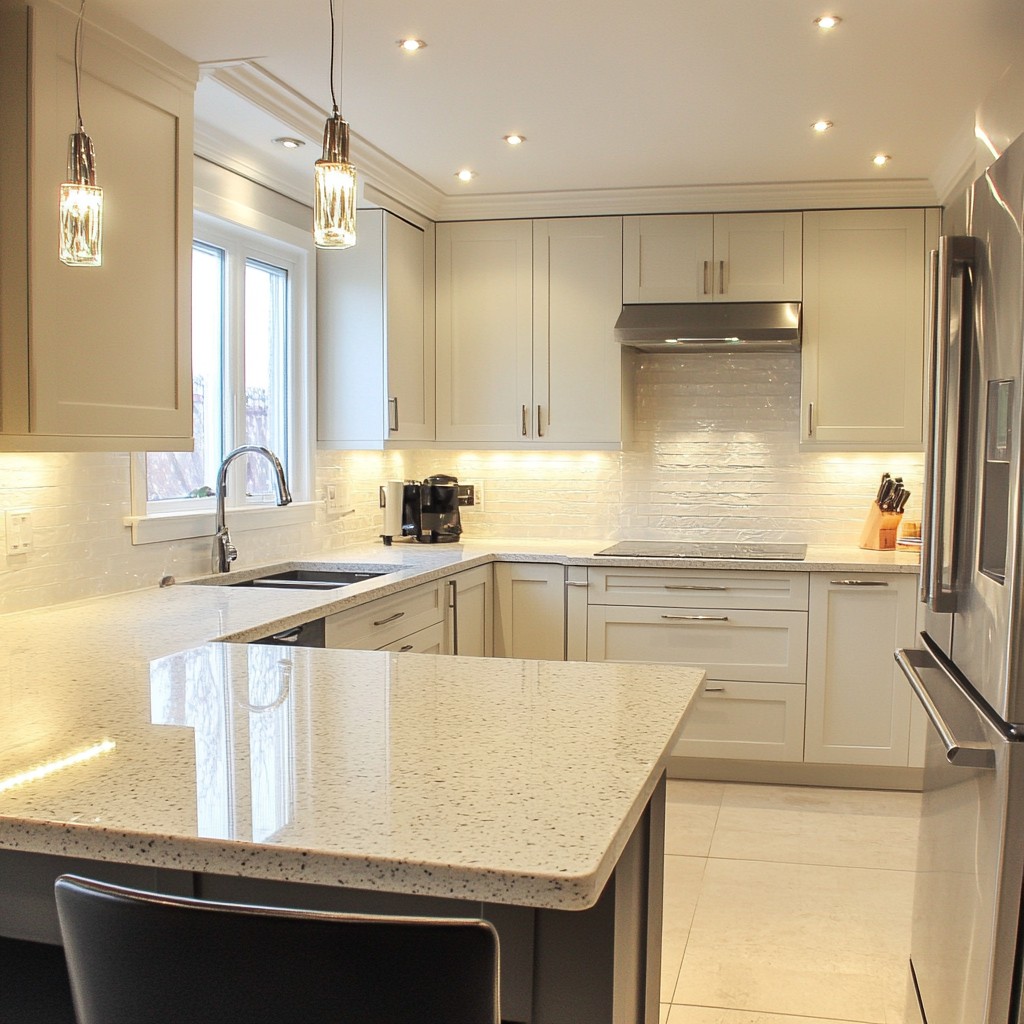Last updated on
Embarking on the journey of purchasing a home can be as exhilarating as it is intricate. Navigating the home buying process requires a clear roadmap to avoid the common pitfalls that many first-time buyers encounter.
In this comprehensive guide, we’re going to cover the essential tips and tricks that will assist you in sailing smoothly from the initial search to finally turning the key in your new front door.
Whether you’re a seasoned investor or stepping into the world of real estate for the first time, these insights will help you make informed decisions, negotiate effectively, and understand every turn in the path to homeownership.
Narrow down Your Ideal Location

Discerning your ideal location is a critical step at the outset of your home-buying journey. A dream home extends beyond the walls that encase it; it’s also about the neighborhood, local amenities, and community.
Whether it’s homes in Pelican Landing, Estero FL, or a bustling city block in Manhattan, NY, ensuring that the location aligns with your lifestyle is vital. Consider factors such as commute time to work, schools for children, proximity to family and friends, and access to essential services like hospitals and grocery stores.
Defining Your Home Requirements
Once you’ve pinpointed your preferred location, it’s time to define what you need and want in a home. Start by distinguishing the non-negotiables from the nice-to-haves.
Determine the amount of space necessary for your comfort and the functionality of your household—consider the number of bedrooms, bathrooms, and any additional rooms such as a home office or gym. Also, think about architectural style, property age, and whether you’re open to renovations or prefer a move-in-ready home.
Create a Budget

Before you start browsing listings, it’s essential to create a budget that will help guide your search. Consider all the expenses involved in buying a home, including down payment, closing costs, and moving costs.
It’s also crucial to factor in ongoing expenses such as property taxes, insurance, and maintenance costs. Be realistic about your budget, and don’t forget to leave some wiggle room for unexpected expenses.
Working with a Real Estate Agent
Partnering with a real estate agent can significantly streamline the home-buying process. An experienced agent understands the complexities of the market and can offer valuable insights about neighborhood trends, pricing, and the availability of homes that meet your criteria. They act as your advocate throughout negotiations, ensuring that your best interests are represented.
Moreover, agents can handle the heavy lifting of scheduling viewings, recommending trusted professionals for inspections or repairs, and guiding you through the labyrinth of paperwork involved in a property transaction. It’s important to choose an agent who not only possesses a deep understanding of the market but also resonates with your home-buying vision and communication style.
Attending Open Houses
Stepping into an open house is an opportunity to see potential homes up close and personal. This stage is where your preparation pays off, allowing you to assess properties against your defined requirements. When attending open houses, take notes on the property’s condition, how well it fits your needs, and any immediate concerns or highlights.
Engage with the hosting agent to ask questions about the house’s history, neighborhood dynamics, and any bidding competition. Remember to observe the finer details, such as water pressure, natural light, storage space, and the condition of appliances and systems.
Although it’s easy to get swept up in the aesthetics of staging, remain focused on the structural and functional aspects that will affect your long-term satisfaction with the home.
Making Competitive Offers
When you find a home that checks all your boxes, it’s time to make an offer that stands out in a competitive market. To make a competitive offer, start by understanding the local real estate trends and the current demand for homes in the area. Lean on your real estate agent to get insights into how homes are being priced and how quickly they are selling.
Crafting a compelling offer often involves more than just the purchase price. Consider factors like the earnest money deposit, contingencies, and your flexibility with the closing date that could appeal to the seller.
Be prepared to act swiftly but thoughtfully, as a well-timed offer can make all the difference. Remember, a strong offer reflects the true value of the home, shows you’re serious about the purchase, and respects the seller’s considerations.
The Takeaway
The process of buying a home can be daunting, but with careful planning and the right resources, it can also be one of the most exciting journeys in life.
Remember to keep your ideal location in mind, define your home requirements, create a budget, work with a reputable real estate agent, attend open houses with a critical eye, and make competitive offers that align with your needs and budget. With these tips and tricks in mind, you’re well on your way to finding the perfect place to call home.
Table of Contents




